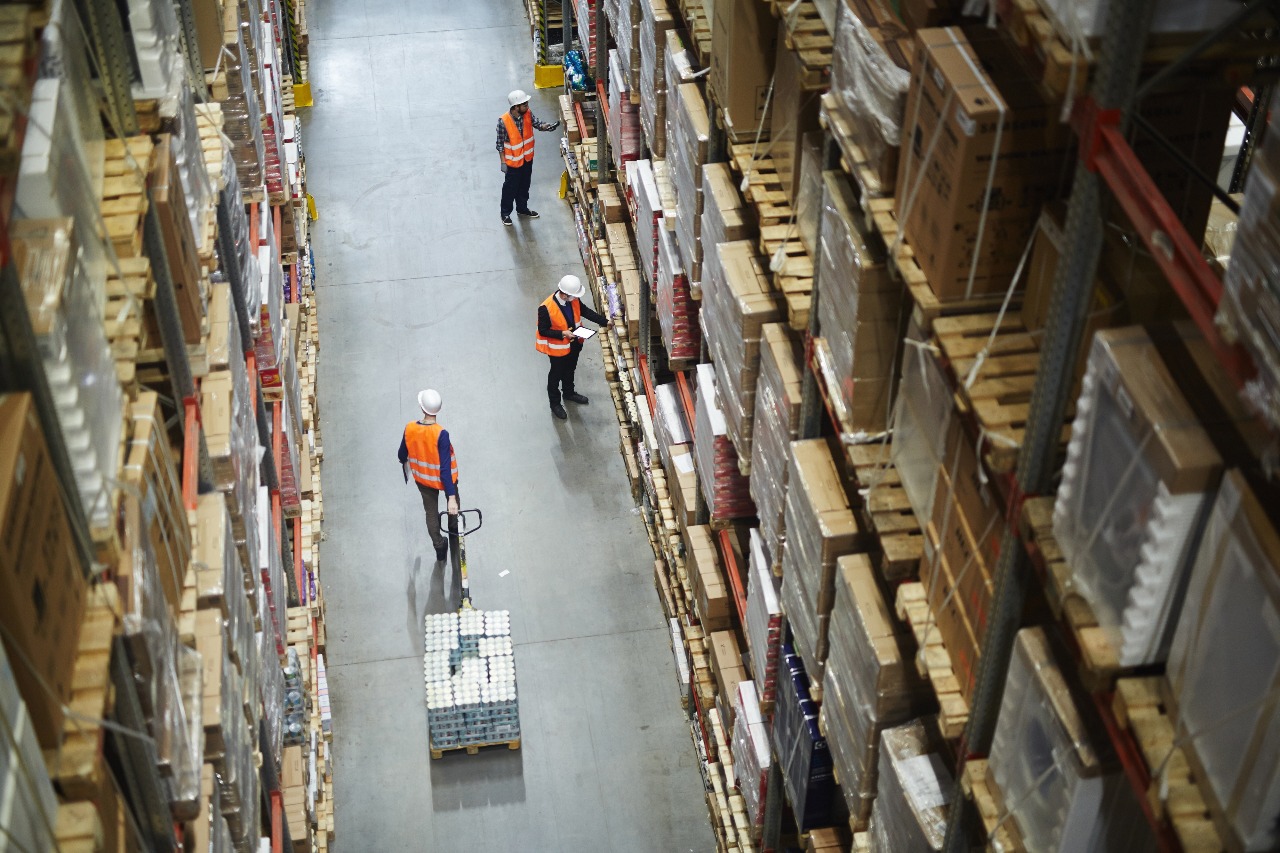Shipping and logistics providers are harnessing new technology to help retailers address consumers’ growing needs.
The rise of e-commerce has brought both new opportunities and unexpected challenges to the retail supply chain. Thanks in large part to Amazon, online shoppers have now come to expect almost immediate results — including fast, efficient delivery — which means tighter deadlines for shippers.
To help small- and medium-sized retailers address these demands, many shipping and logistics providers are turning to new technologies to streamline fulfillment processes. In fact, the 2018 Warehouse and Distribution Center (DC) Equipment Survey found that 42% of warehouses and distribution centers plan to invest more heavily in handling infrastructure this year. In the process, they’re helping retailers gain the agility they need to scale and compete with larger competitors.
Given their potential to increase efficiency and help shippers adapt to the changing retail landscape, new tools are likely to become essential parts of the retail supply chain in the coming years. With these three technologies in their logistical toolbox, retailers will be strategically positioned to drive value for their business.
1. Warehouse Management and Execution Systems
Many retailers struggle to meet rising e-commerce demands because they lack warehouse management systems (WMS) that can optimize the movement and storage of materials. Logistics providers with advanced WMS, on the other hand, can use these tools to expand their inventories, simplify the ordering process, monitor goods in transport, and minimize spending. WMS can even predict product demand to help shipping providers keep the right amount of inventory in stock.
Similarly, warehouse execution systems (WES) help logistics providers manage inventory records and the handling of materials. These tools are helping retailers better organize their resources and effectively direct work effort from a single control system. In fact, spending for WES is up to 16% this year from 6% in 2017.
2. Autonomous Robots
Shippers are increasingly turning to automated solutions to help simplify and expedite the fulfillment process. Popular automated technologies include shuttle systems, goods-to-person picking solutions, cubing and dimensioning equipment, and autonomous mobile robots (AMRs). All of these technologies support a logistics provider’s existing workforce by moving and arranging items efficiently, thus reducing operating expenses.
Automation hasn’t been adopted throughout the industry yet, but it could soon be common in facilities around the world. According to recent studies, 16% of manufacturers and warehousing and distribution companies currently use robotics, while 15% are evaluating them for future use.
3. Blockchain
Blockchain is best known as the basis of bitcoin and other cryptocurrencies, but it could also have lasting effects throughout the shipping and logistics industry. With blockchain, every transaction is recorded on a shared ledger that any authorized user can access, making it a transparent and secure system for all parties.
Logistics providers who want to monitor the integrity of cargo from the start of the supply chain to its conclusion can use blockchain to see what happened to a product throughout every step of the process. By doing so, it’s possible to manage shipments, identify pain points securely, and develop actionable solutions to issues before they lead to wider disruption.
Embracing New Technology
While many small- and medium-sized retailers understand the benefits of new technology, it can be cost-prohibitive to bring cutting-edge platforms in-house. Instead, businesses should consider working with a trusted third-party logistics (3PL) partner or integrated logistics services provider (ISP) to leverage the potential of emerging capabilities without the added costs of maintenance and training.
With over 20 years of experience, Primary Freight is strategically positioned to help retailers navigate shifting consumer demand and rapidly evolving industry standards. Our trained customer service team has access to the logistical infrastructure, industry contacts, and institutional knowledge you need to address all of your shipping concerns — at any scale and on any budget.
If you’d like to learn more about how Primary Freight’s award-winning shipping services, contact us today at (800)-635-0013.
